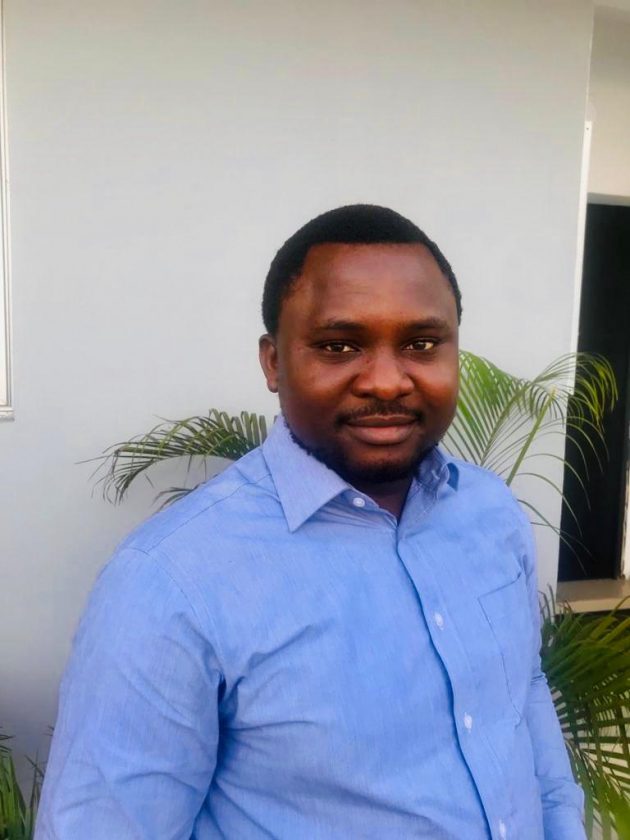Living in a country of unequal opportunities. Is this really a “defining challenge” of our time?
Assertions by the Finance Minister (Ngozi Okonjo-Iweala), the CBN governor ( Sanusi Lamido) and our dear president, Goodluck Jonathan always produce lively debates across social media platforms, beer parlours and even bedrooms (yes, I think) with some supporting and others opposing them whilst arguing that unemployment is worse than corruption in itself.
The US President, Barack Obama once opined that “it is the combination of a lack of upward mobility” and inequality that is the great challenge of the day”. This strikes a lot of Americans as the right way to go about it: get people to move up and thus create a thriving middle class. If, in the process, the Google guys stay rich, so be it.
When I catch bus rides across Lagos, especially the ones going to the “Island”, and I hear depressing discussions about inequality, these psychologically-battered people are often talking about three different issues: the astonishing rise of the very rich, the stagnant wages and weakening prospects or outright lack of existence of the once popular Nigerian middle class, and the large number of people at the bottom of the ladder. Those running the daily rat race – as I like to call it.
These are interesting times. There is a lot of debate, and some good research, about whether these issues are related – whether the rise of the rich has caused the obliteration/stagnation of the middle class and the poor. I think it is mixed.
There are rich countries and they are growing each day, but the United States is at the head of the pack. This is because of certain factors:
– structural (globalization and technology); large and liquid financial markets make the rich richer) and political (lower tax rates and the political influence of the financial sector).
The United States has all of these factors – technological innovation, global reach and huge capital markets but also tax cuts, deregulation, a powerful financial industry – so it’s not that surprising that it has experienced the biggest rise in the super-rich.
Reviving the middle class in Nigeria is clearly the most important challenge, involving the most people. It’s also the hardest. I believe that there is strong proof to show that rising inequality is crowding out the middle class. But there is also a powerful story to be told about how technology (sheer bare-knuckle everyday “Nigerian” invention) and declining education and skills have contributed to the stagnation or reduction of wages for the low-income earner.
Now, to the question, would higher taxes on the rich create a more dynamic middle class? Perhaps, but it’s not clear exactly how. It’s also worth noting that the U.S. tax system – which relies mostly on income taxes – is more progressive than European systems that raise a much greater percentage of their revenue from sales taxes.
Here’s a howler for you to chew on: The top 10 percent of American earners pay about 70 percent of all federal income taxes. In New York City, the top 1 percent pay almost 45 percent of the city’s income taxes.
Some Nigerians will argue to the death that the real link between the rise of the rich and the fall of the middle class is political. They say that the rich have captured the political system and milked it to their advantage. And it’s also true that – because of the role of money in politics – the well-off (and well-organized) can often get tax breaks – I hear they now call them “waivers” – and regulatory relief. (I can see someone nodding in agreement here).
Of the three problems, the easiest to fix is the one we spend the least time talking about: the fate of the poor. The Nigerian government does not devote much energy or money to the problems of the poor, especially those of impoverished families who suffer from malnutrition, bad health and poor education, which cripples their chances of escaping poverty. The resources needed to change this would be a fraction of what we spend on taking care of our big “ogas” at the top.
I sure don’t have all the answers. It would be a crime to pretend to. But if you are all looking for that silver lining, tell our government officials to focus on formulating policies that would likely have the biggest effect on increasing social mobility and reducing inequality, let’s shift the attention from the rich and focus on the forgotten poor, so that some of them can even enter the elusive middle class.
Precious Ohaegbulam
 NaijaVibe NaijaVibe | Download Latest Nigerian Music & Mp3s
NaijaVibe NaijaVibe | Download Latest Nigerian Music & Mp3s



